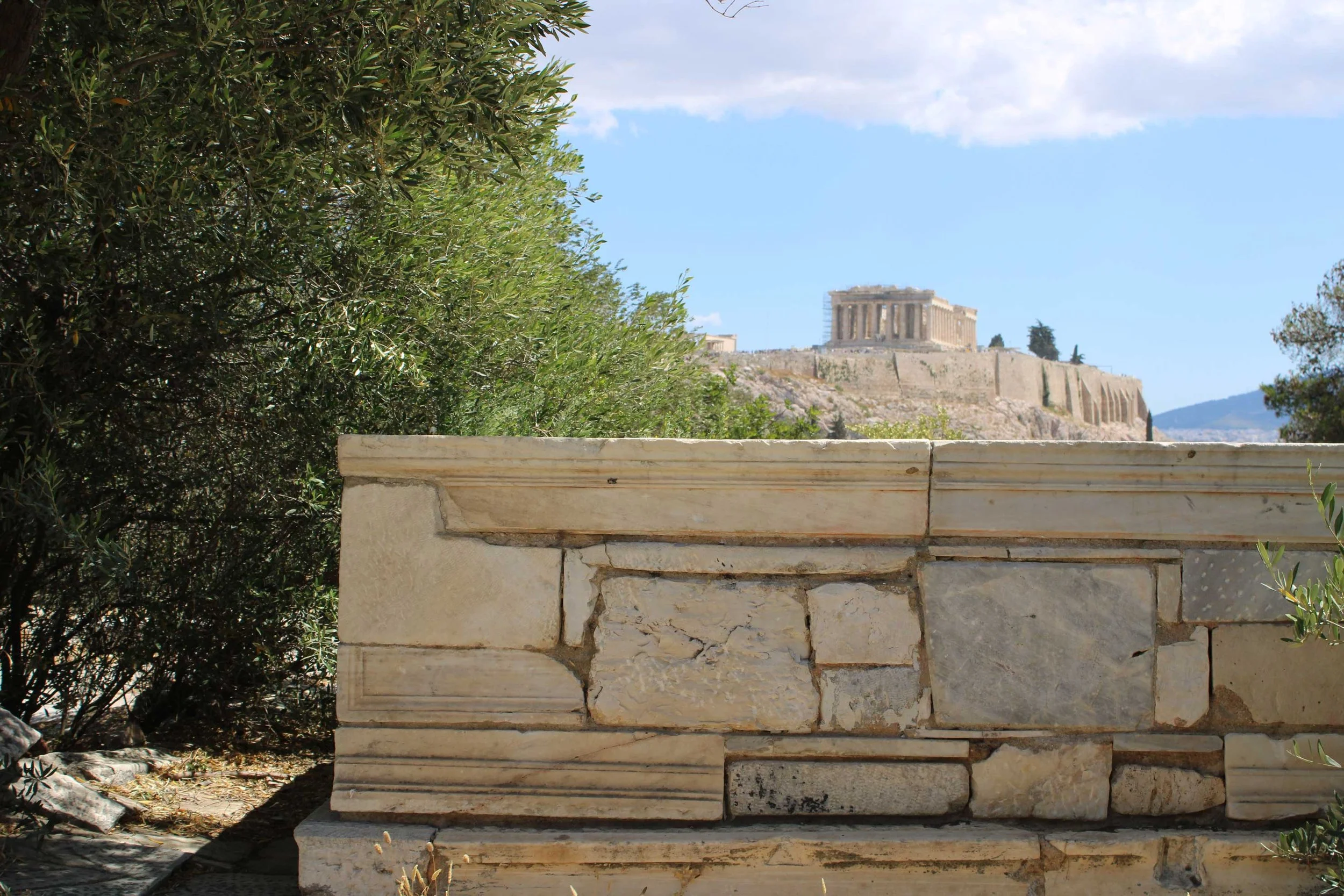
ἱστορία, ἡ (n): a learning, or knowledge by inquiry.
Mnemosyne: The Memory Collective examines history and mythology with a modern curiosity and dedication to amplifying lost voices
Viewing history, mythology, and art through an accurate and inclusive lens
Welcome to Mnemosyne: The Memory Collective. Born from a dedication to understanding history without conventional exclusionary views and ideals, we aim to embrace an inclusive interpretation and amplify voices that share fresh insights, pushing the traditional barriers of academia to embrace accessible education and continued development of our understanding of ancient times.
Mnemosyne: The Memory Collective includes a growing podcast network bringing together existing podcasts as well as creating new shows and other content/media touching on all facets of ancient life and culture.
Podcast Network
Movies We Dig
Movies We Dig is a part movie, part history podcast hosted by archaeologists and historians, and features guest experts and enthusiasts alike.
Sweetbitter: Women & LGBTQIA+ History
Sweetbitter is an investigative history podcast with a focus on women & LGBTQIA+ histories.
Let’s Talk About Myths, Baby!
Greek and Roman mythology, retold. Let’s Talk About Myths, Baby! is one of the top podcasts for Classical mythology and the history of the Mediterranean.
Contributors
Not just a podcast network, the Memory Collective is dedicated to sharing the work of creators and educators whose work is accessible, free, and which aligns with the Collective’s values and intentions.
Cosima Carnegie // Cosi's Odyssey
Greek Myth Comix // Laura Jenkinson Brown (Jenks)
Alexandra Sills
And many more…
Values & Intentions
History is and has always been political and ideological in its preservation, interpretation, and how it is shared. Mnemosyne recognizes this and is founded on a set of core beliefs which are vital to its ongoing work and the broader future of humanity.








